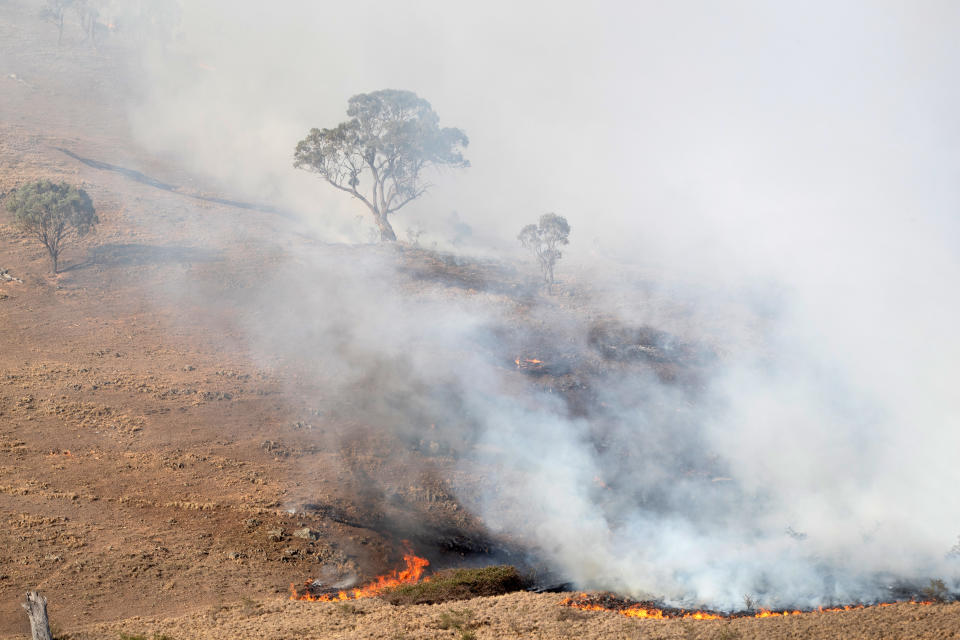Australian bushfires ‘were far worse than any simulation predicted’

The bushfires which ravaged Australia this year were far worse than any climate simulation had predicted, researchers have warned.
The fires left 33 people dead, and burned more than 20% of Australia’s forests, research published in Nature Climate Change showed.
Scientists described the devastation as “unprecedented”.
The devastation was “worse than anything our models simulated”, climate scientist Dr Benjamin Sanderson said in an interview with BBC News.
Dr Sanderson warned that as global warming takes hold, such surprise events are likely to become more common, saying that the more the planet warms, “the more likely we are to be taken by surprise”.
READ MORE
Apple is handcuffed to the iPhone, just like its customers
Apple strikes new deal with UK chip company
Stars ‘need a partner’ to set off universe’s brightest explosions
Meet the adorable cat with two different faces
Dr Sanderson called for more detailed simulations, saying: "Rather than running one simulation that looks as close as possible to the real world, we need to start creating thousands of different versions of the future.”
Research showed that the extent of the fires was unprecedented, researchers reported this week.
Lead author Matthias Boer told the Guardian: “The word unprecedented has been used a lot the last two months.
“The data point for this year’s fires show it stands out completely from all other years for Australia or other countries
“There is just nothing like it out there and we felt confident to call it unprecedented.”

The bushfires – which lasted from September until torrential rains hit earlier this month – killed 33 people and a billion native animals nationally and also destroyed 2,500 homes and a wilderness area the size of South Korea.
The damage was most devastating in New South Wales state.
Families, firefighters and politicians gathered in a solemn public ceremony in Sydney on Sunday to honour the 25 people killed in recent blazes that tore through the country's most populous state.
Among the 25 people killed were 19 civilians, three local volunteer firefighters and three US firefighters.
Australian prime minister Scott Morrison, who thanked those who fought the blazes and honoured those who died, spoke of "children kissing the coffins of their fathers" and "mothers who should have never had to bury their children".
He told the public, gathered around lit candles, of "a summer where the dark sky turned black and sunsets only signalled another night of terror, where the fire crashed on our beaches from the bush that surrounded them".
Morrison has drawn public anger for his refusal to directly link the bushfires to climate change, insisting removing flammable vegetation is "just as important, if not more".
His management of the fires also came under criticism over the unusually prolonged summer wildfire season, when he was forced into a rare public apology for taking a holiday to Hawaii.
Last week, he said Australia would conduct a wide-ranging inquiry into the causes of the fires.

 Yahoo News
Yahoo News 

